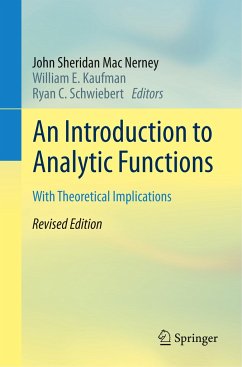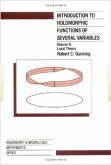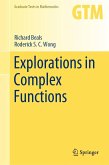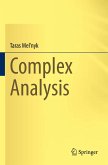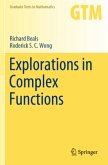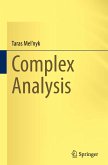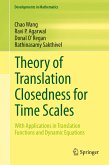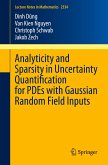When first published in 1959, this book was the basis of a two-semester course in complex analysis for upper undergraduate and graduate students. J. S. Mac Nerney was a proponent of the Socratic, or "do-it-yourself" method of learning mathematics, in which students are encouraged to engage in mathematical problem solving, including theorems at every level which are often regarded as "too difficult" for students to prove for themselves. Accordingly, Mac Nerney provides no proofs. What he does instead is to compose and arrange the investigation in his own unique style, so that a contextual proof is always available to the persistent student who enjoys a challenge. The central idea is to empower students by allowing them to discover and rely on their own mathematical abilities. This text may be used in a variety of settings, including: the usual classroom or seminar, but with the teacher acting mainly as a moderator while the students present their discoveries, a small-group setting in which the students present their discoveries to each other, and independent study.
The Editors, William E. Kaufman (who was Mac Nerney's last PhD student) and Ryan C. Schwiebert, have composed the original typed Work into LaTeX ; they have updated the notation, terminology, and some of the prose for modern usage, but the organization of content has been strictly preserved. About this Book, some new exercises, and an index have also been added.
The Editors, William E. Kaufman (who was Mac Nerney's last PhD student) and Ryan C. Schwiebert, have composed the original typed Work into LaTeX ; they have updated the notation, terminology, and some of the prose for modern usage, but the organization of content has been strictly preserved. About this Book, some new exercises, and an index have also been added.

